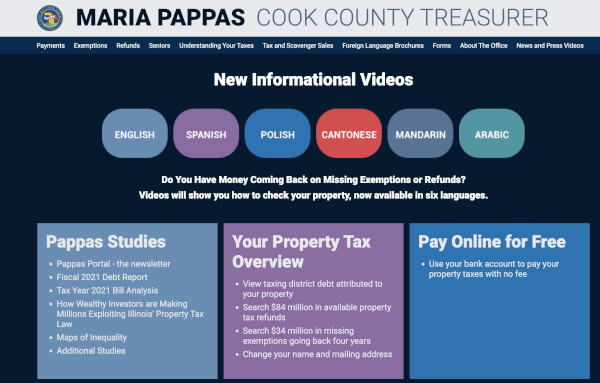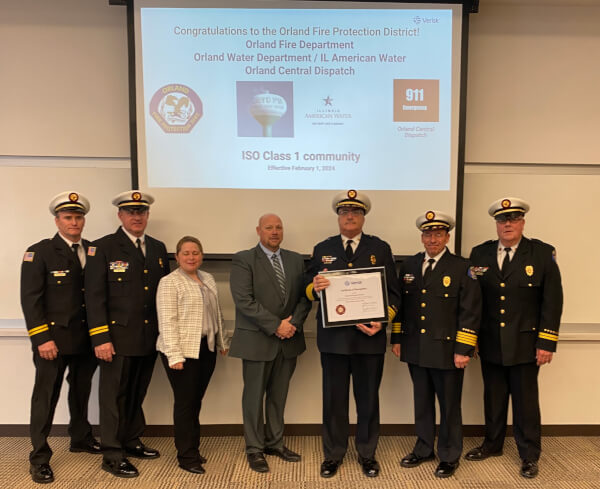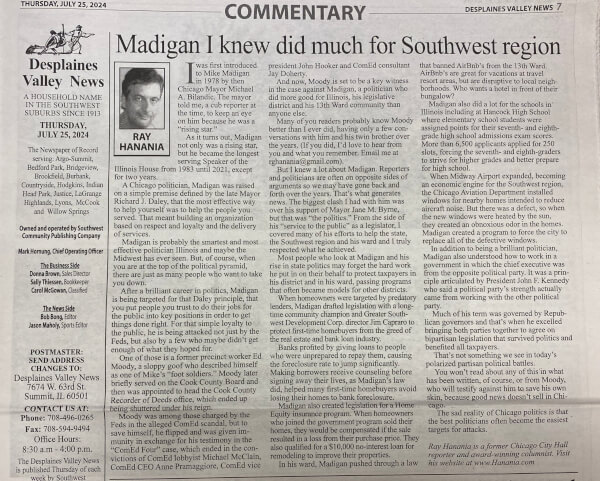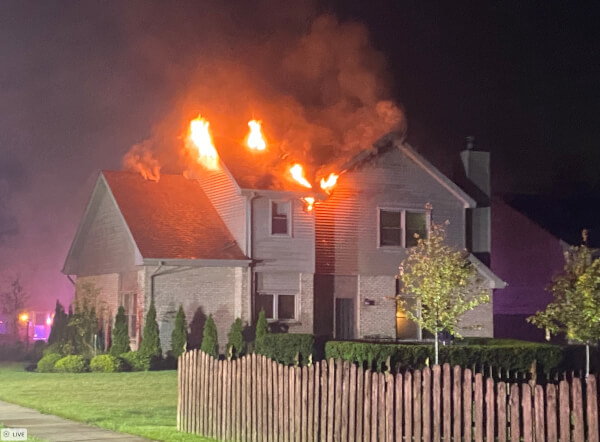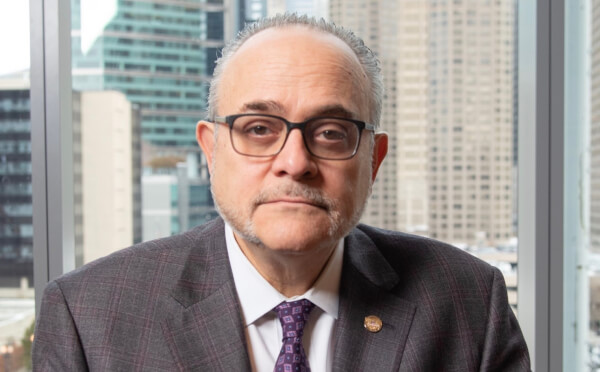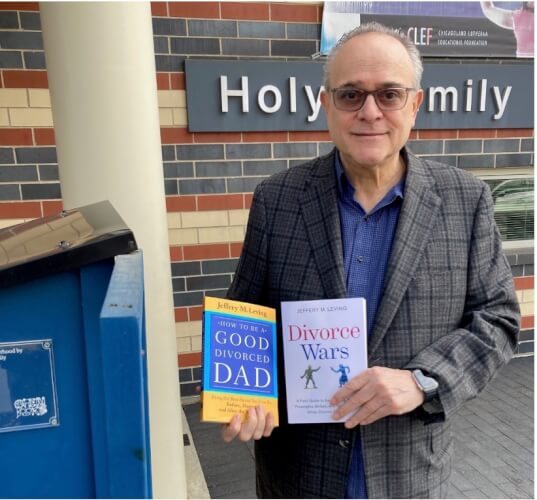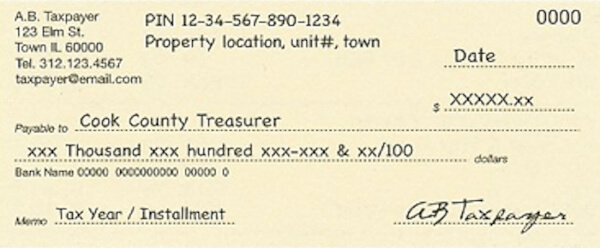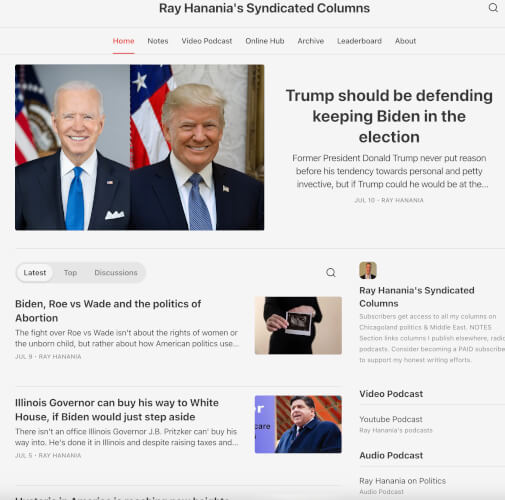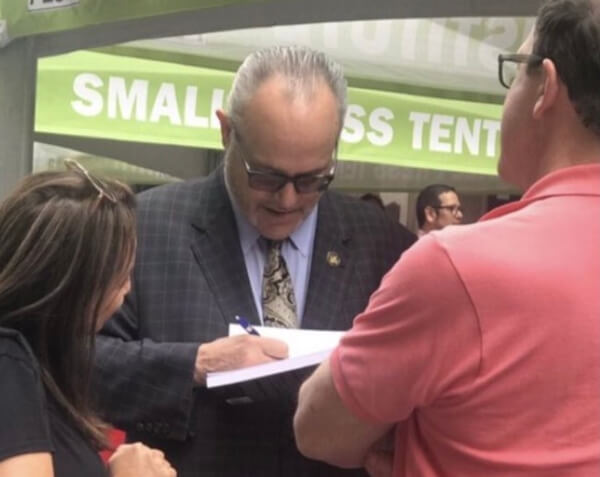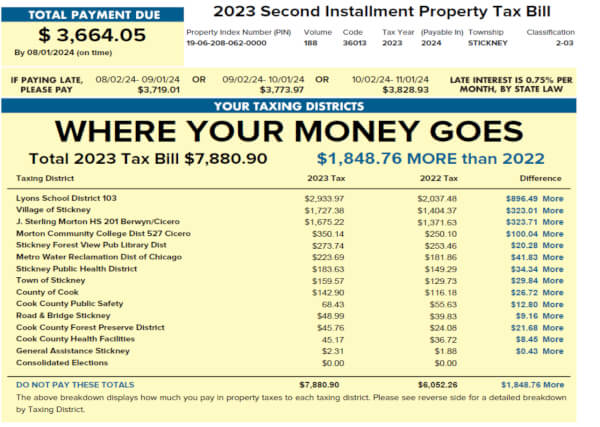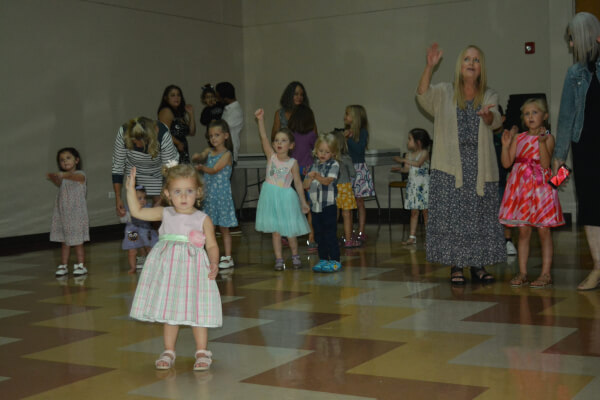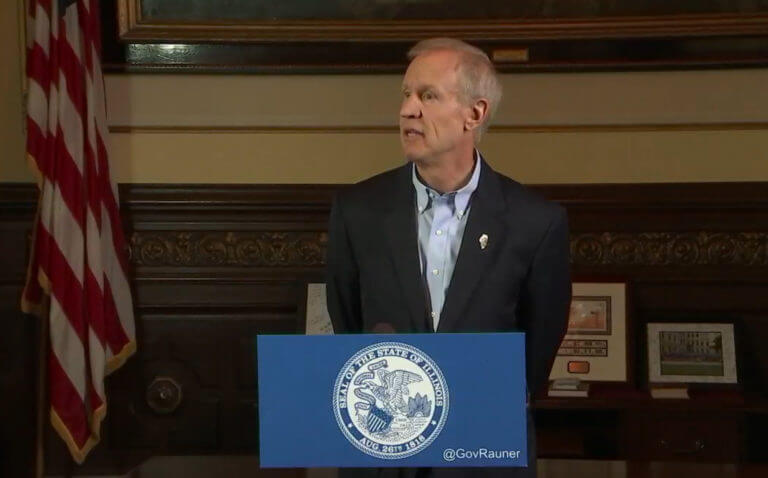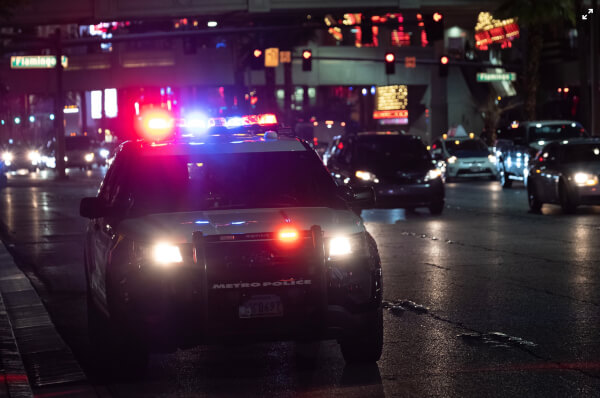Pappas: When it comes to voting on referendums, the few decide for the many
By Maria Pappas

If you’ve ever voted, you’ve probably seen one. It’s a referendum, usually asking you to approve some numbers.
A referendum is a proposed law on a social or economic issue on which the people can vote, even as they make their choices for government offices in a primary or general election.
State law does something rare with referendums – it gives the people direct power to pass or kill, say, a bond issue for a school, library or other public project. It’s quite a lot of power.
But the people may not appreciate this power. Many voters don’t vote on referendums, apparently feeling they’ve done their duty when they choose whom they want for president, governor or mayor.
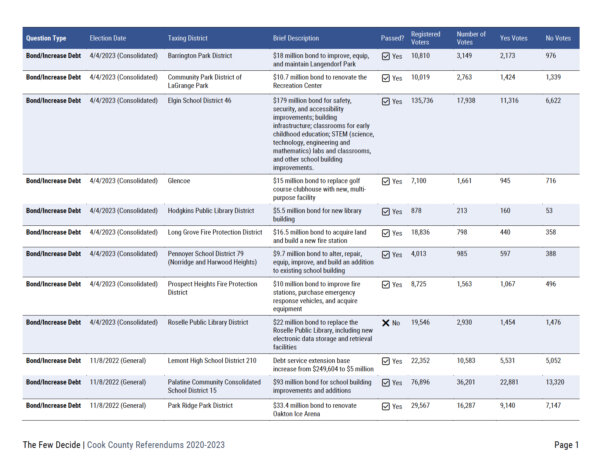
Voters who think they don’t need to vote on an important issue frustrate me. I want them to vote on everything put before them.
My office has reviewed how voters responded when faced with 75 property tax-related referendums held in Cook County elections from 2020 to 2023.
Our study found that out of every three registered voters, one determined whether the tax referendum passed. The other two might as well have stayed home. Seven in 10 referendums passed, and $1.16 billion in new debt was created on 27 bond issues. This is serious money, but it came on an average percentage vote of just 32%.
This is democracy barely able to sit up and take the nourishment of information about an issue that probably will affect a person’s home, neighborhood and city.
The title of our study, “The Few Decide for the Many,” says it all. If the people do vote on candidates, many ignore referendums. It’s hard to say why – perhaps they think skipping over the referendum is a “no” vote. Actually, it might be a “yes” vote if enough other voters approve it – their possible “no” has to be cast to be recorded and have an effect.
The truth is, low voter turnout is a problem in our politics. Low voting on referendums comes out of low turnout for primaries and general elections. Greater turnout might mean different outcomes in candidates and on referendums.
Examples abound. Here is one:
In the primary of March 17, 2020, a bond issue of $147 million was approved for work on school buildings of Barrington Community Unit School District 220. Out of 45,259 registered voters, 10,670, or 23.58% voted in the referendum. Of these, just 6,639 voted “yes.” For sure, the few decided for the many.
This is not to say that any given bond issue should or should not pass. The work may be necessary and beneficial to the community. Government officials who almost always want the money fashion language in a referendum proposal and ask the people to approve it.
But the people must answer, and that means voting not just to put an individual into this or that office, but on the humble referendum, the cost of which could be on your property tax bill for a long time.
Study your local referendum. Look at it as a question put to you. What is your answer?

